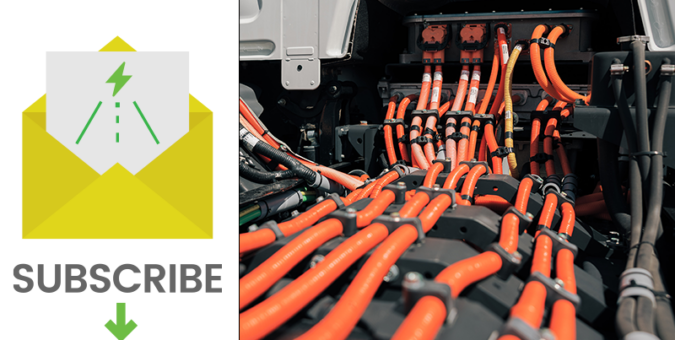Embracing electric vehicles (EVs) is a smart choice for high utilization fleet operators, promising lower operational costs despite the higher upfront investment. However, this switch isn't as straightforward as it may appear. Transitioning from gasoline or diesel to electricity marks a considerable change; and without considering energy management can lead to unnecessary costs and reduced operational savings.
In this article, our Transit Electrification Lead, Tyler Seed, explores various strategies to monetize charging assets and generate additional revenue streams.
The Intricacies of Managing Energy Costs in Electrification
Effective energy cost management is crucial and must be integrated into charging projects from the onset. Without careful management, electric vehicle charging can cost a fleet operator more in electricity and infrastructure than it needs to. The transition involves more than just replacing fuel pumps with chargers; it involves intricate planning and a strategic approach that may extend beyond the typical expertise found within businesses, transit agencies or municipalities.
Regional Variations in Energy Management
Each region brings its own unique set of rules, market dynamics, and utility services. Strategies effective in one area may not be suitable in another. This diversity demands a customized approach, hinging on a thorough grasp of the local energy landscape and the flexibility to modify strategies to fit these specifics. Take Ontario, for instance, where the Global Adjustment fee can represent a major expense or a significant opportunity for savings – a factor that's not present in other provinces. Recognizing and adapting to the peculiarities of each province's electricity system is crucial.
 Optimizing Your Energy Connection
Optimizing Your Energy Connection
Leveraging energy management for optimal electrical infrastructure sizing is key. Electrical equipment can be expensive and often has long-lead times. Through intelligent energy management, your charging process can become energy-efficient, providing only what is necessary, without incurring the expense or delay of excess capacity or unnecessary expansion. This approach is about striking the right balance, ensuring your power supply is adequate but not excessive, thus avoiding the pitfall of paying for more than what's actually required upfront and over the long-term.
Transforming Costs into Revenue Streams
The hefty price tag of electric vehicles, their associated charging infrastructure, and things like backup battery storage can be daunting.
However, these costs can be offset by exploring opportunities to generate and layer new revenue streams. Participating in energy markets to offer grid services or generating and selling Clean Fuel Regulation credits can help offset the cost of these assets improving the business case for going electric.
In Conclusion: It’s All About Being Proactive
In essence, energy cost management should be a foundational element of the electrification process, not an afterthought. With deliberate planning and the right expertise, the journey to electrification can be both effective and economically viable. It’s about being proactive, strategic, and ready to adapt to a new energy landscape.
Join Our Mailing List For More Insights and Stories
Join us on our journey at PowerON, where for the past 14 years we've been leading the way in transportation electrification. Along the way, we've gathered  countless stories and expert insights that you won’t find anywhere else. Sign up for our mailing list to receive regular updates and be the first to learn about our groundbreaking projects and innovations. Be part of our mission to create a greener future!
countless stories and expert insights that you won’t find anywhere else. Sign up for our mailing list to receive regular updates and be the first to learn about our groundbreaking projects and innovations. Be part of our mission to create a greener future!
